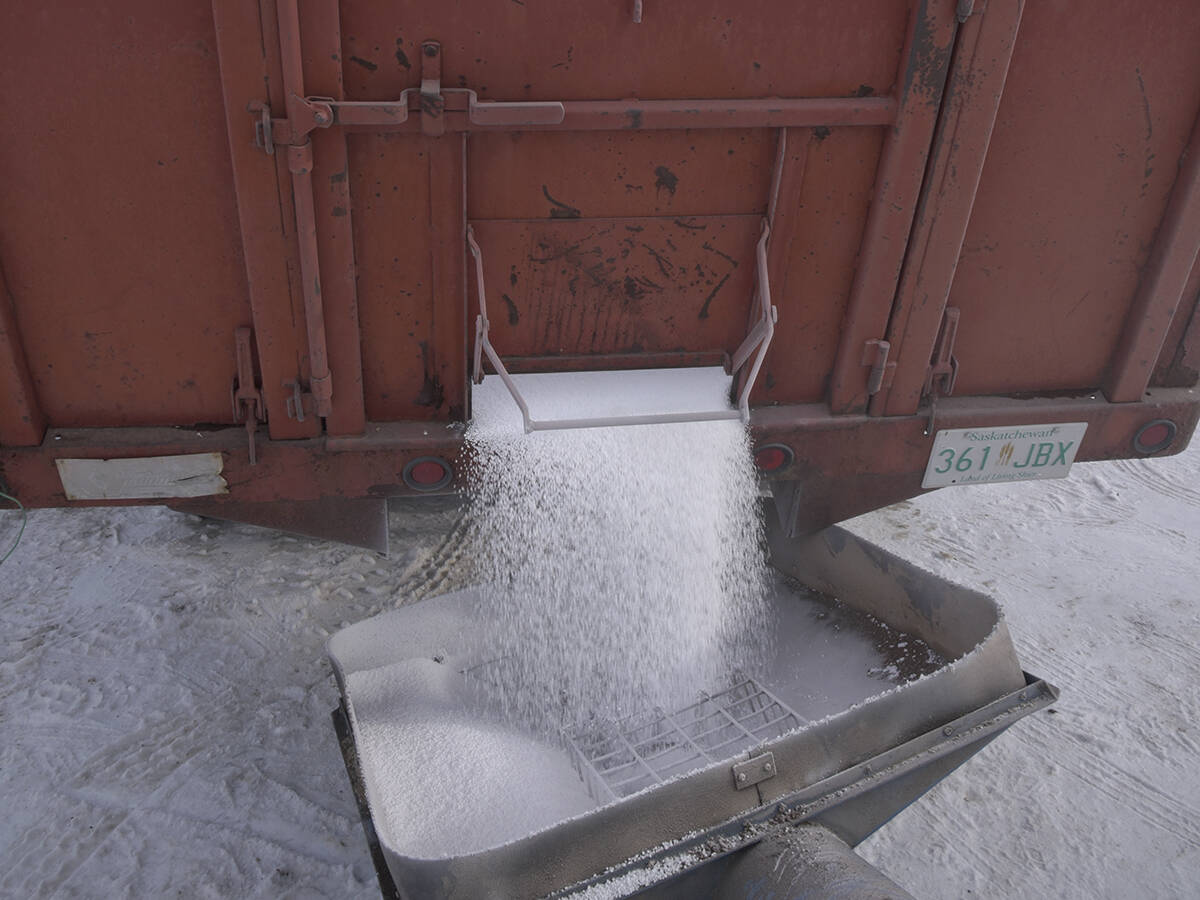SASKATOON — Farmers might want to consider locking in some of their urea supply at today’s prices, says an analyst.
David Pupo, a fertilizer market analyst, said the urea market has turned decidedly bullish, and growers should consider “inching in” some of their needs.
Why it Matters: Fertilizer is the most expensive crop input for many farmers.
Read Also

Manitoba extends Crown land rent freeze
Manitoba government links the continued rental rate freeze on grazing and forage leases to economic and environmental challenges facing the industry
“The underlying trend is up,” he said during a webinar hosted by AGvisorPRO.
Urea prices have been volatile in 2025. They were bearish in the summer but recently found support due to a variety of factors.
The biggest one was China suddenly suspending urea exports on Oct. 15.
“This upsets the apple cart because India must find urea elsewhere,” said Pupo.
China’s ban could last six months or even longer.
“This is going to support global prices into 2026,” he said.
In the meantime, there has been solid demand from India due to good monsoon rains, falling domestic urea production and weak imports early in the year.
India’s urea inventory as of Aug. 1 was half of what it was at the same time in 2024.
Recent Indian tenders have been huge, involving millions of tonnes, and prices have been creeping higher.
A collection of Indian fertilizer companies announced they intend to build a urea manufacturing facility in Russia, leveraging the country’s cheap ammonia and natural gas supplies.
Europe’s Carbon Border Adjustment Mechanism, which kicks in Jan. 1, 2026, is another bullish factor.
It is essentially a carbon tax on imported fertilizer that will drive prices higher.
Brazil’s fertilizer demand continues to be strong despite shrinking farm margins due to the continued expansion of corn and soybean acres.
However, there has been some shifting of demand from urea to ammonium sulfate. The country’s imports of ammonium sulfate were up 59 per cent through the end of August compared to last year.
Nutrien announced Oct. 21 that it was beginning to shut down its nitrogen fertilizer operations in Trinidad due to issues with port access and a lack of reliable, economic natural gas supply in that country.
Urea spot prices in the United States jumped eight percent in response to the announcement.
A few days later, Trinidad struck an agreement with Nutrien, giving the company unrestricted port access through Dec. 31, 2025.
Pupo said nobody knows what Nutrien will do following that concession.
Pupo takes his cues from urea prices in New Orleans, which were up four per cent in October and 23 per cent year on year. Forward pricing in December and January are also climbing.
“The market is expecting strengthening prices today,” he said.
Bids in Saskatchewan range from $765 to $805 per tonne.
“Normally, we would see these prices either weakening or going sideways at this time of year, but we’re seeing these prices inch up every day lately,” said Pupo.
He believes prices have bottomed out, and there is a foundation that will support them through the first quarter of 2026.
However, he does not advise producers to lock up all their urea needs and put it in storage because anything can happen between now and March in this volatile market.
Terry Drabiuk, vice-president of business development with Genesis Fertilizers, provided a brief update of the $2.3 billion nitrogen fertilizer project planned for Belle Plaine, Sask.
The company is looking for government support and says it recently had a productive meeting with three Saskatchewan cabinet ministers.
The project is two-thirds of the way through the front-end engineering design process. It will emerge from that process with a far more detailed capital expenditure budget.
Drabiuk said Genesis is looking for a strategic partner, which could be a pension fund, gas company, grain company or technology provider.
Genesis recently signed a letter of intent with Gunvor USA, which would supply 100 per cent of the proposed plant’s natural gas needs.
It also signed agreements with Gunvor that gives the firm the right to purchase 100 per cent of the plant’s diesel exhaust fluid and up to 100 per cent of its carbon credits.
















